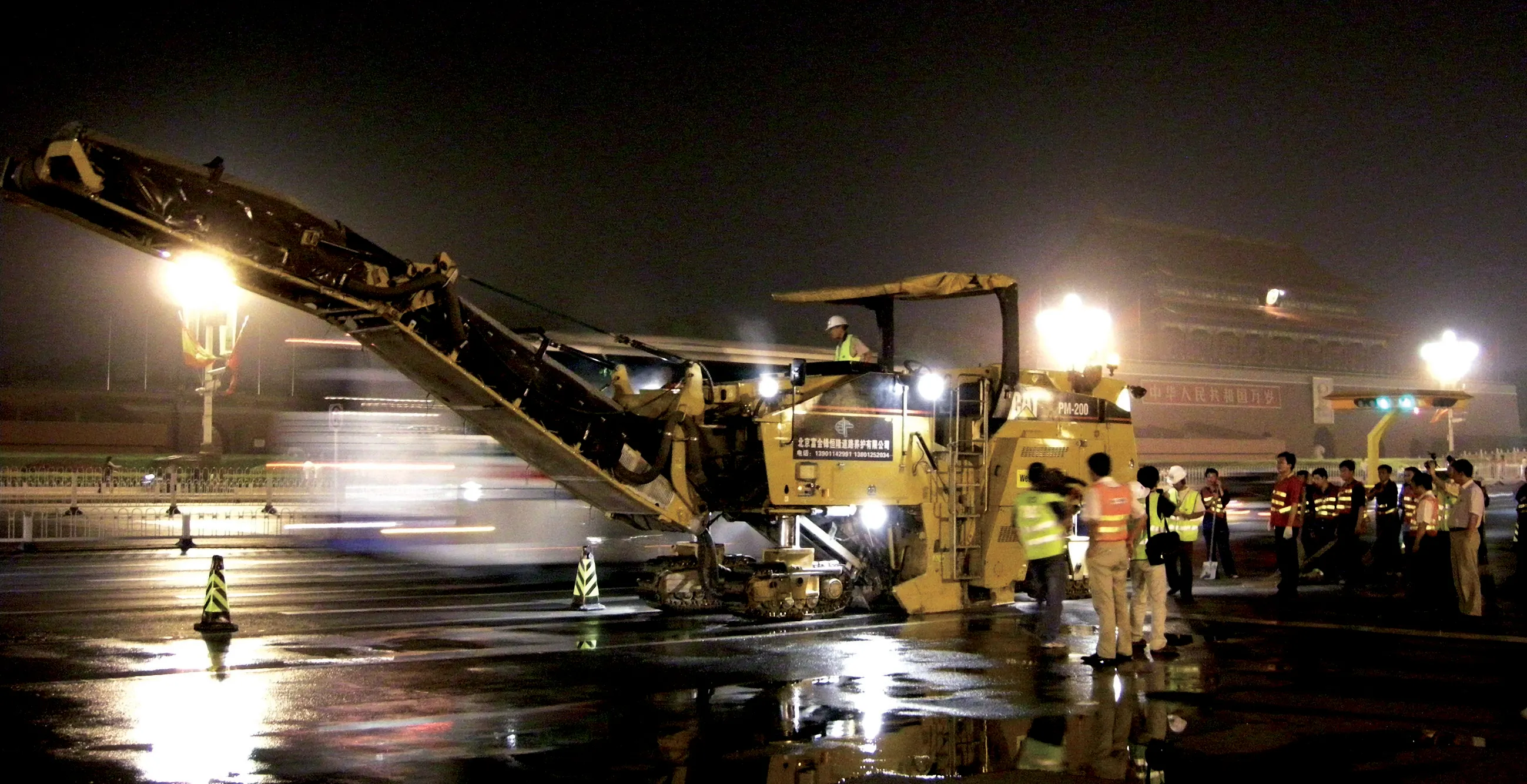Turkey is boosting its mining sector as part of a strategic plan for economic development. Although the country can trace mining locally back to 7,000 BC, it has not properly exploited its rich mineral resources. This is changing since the government in 2012 declared mining to be a sector of strategic importance, thereby making it open to significant subsidies. As a result, Turkey is a land of opportunity for mining companies and equipment suppliers, said Sofia Pankratz, manager for Turkey, Greece and Cyprus for Germany Trade Invest, speaking at the Turkey country special presentation at bauma.
Turkey has major deposits of boron, zeolite, pumice, marble, bentonite and feldspar, as well as considerable limestone, aggregates and lignite (brown coal) resources. In addition, it is has important stocks of iron, chrome, copper and gold. All are underexploited at present. The mining sector represents only 1.3% of Turkey's gross domestic product at present – something that the government is keen to change. For example, although Turkey is the largest producer of gold in Europe it is still a net importer of the metal. Lignite is of particular importance domestically as the country aims to reduce its dependency on imported natural gas by building 80 coal-fired power stations in the near future.
Conditions for mining have improved in the country since a disaster at a coal mine in Soma in the Manisa province in 2013. This led to new health and safety laws for mining in Turkey. The improved conditions, plus the rich resources and backing of generous subsidies from the government, is stimulating new interest in the potential of the country for investors and suppliers of mining equipment.
“Turkey is open to foreign investment for mining exploration and production,” said Professor Güven Önal, president of the Turkish Mining Development Foundation, also speaking at the Turkey event at bauma.
All videos








